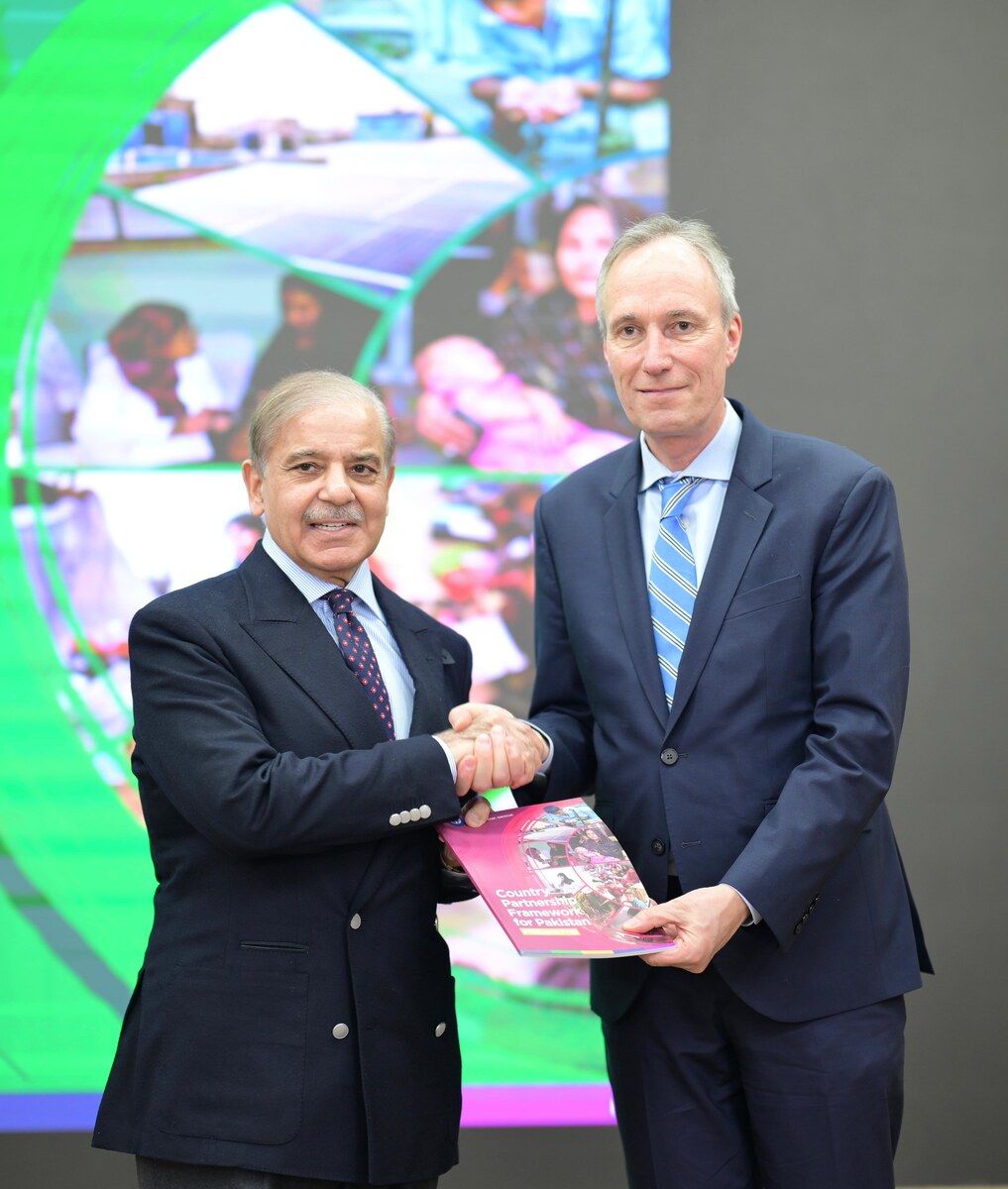ISLAMABAD: The Pakistani government on Tuesday called for a united front against “terrorism,” a day after a suicide bomber killed at least 100 people in the northwestern city of Peshawar.
The suicide bomber detonated explosives in a crowded mosque inside a high-security police compound, in one of the deadliest attacks in a decade to hit the restive, northwestern Pakistani city near the Afghan border.
The bombing came at a time when the Pakistani Taliban, or the Tehreek-e-Taliban Pakistan (TTP), have ramped up attacks, particularly targeting police and the military in the northwestern Khyber Pakhtunkhwa and southwestern Balochistan provinces.
As the bombing raised alarm among officials in the South Asian country, the government of Prime Minister Shehbaz Sharif urged all political forces to unite against militancy.
“Through their despicable actions, terrorists want to spread fear & paranoia among the masses & reverse our hard-earned gains against terrorism & militancy,” Sharif said on Twitter.
“My message to all political forces is one of unity against anti-Pakistan elements. We can fight our political fights later.”
Up to 350 worshipers were gathered for afternoon prayers on Monday when the blast occurred inside the police compound that is home to the headquarters of the Khyber Pakhtunkhwa provincial police, according to officials.
Interior Minister Rana Sanaullah told parliament the TTP’s Khurasani group claimed responsibility for the attack and that 97 of the 100 people killed were police officials.
“I understand that the prime minister should take this House into confidence, the military leadership should also take this House into confidence,” Sanaullah said.
“Certainly, there must be a debate on this in parliament and if the government would itself shape this policy, then the way the former government committed blunders and we have to face the consequences of the past mistakes today, there is likelihood of a mistake in it [too].”
Sanaullah’s comments were a veiled reference to Islamabad’s talks with the Pakistani Taliban that began in the tenure of ousted prime minister Imran Khan.
The talks, which were brokered by the Afghan Taliban, resulted in a cease-fire between the two sides in May last year, but the TTP called it off in November. The group has since mounted attacks on police and security forces in the country.
Sanaullah said a policy, devised through collective wisdom of parliament, was more likely to succeed in the face of the renewed wave of militancy in the South Asian country.
Defense Minister Khawaja Asif lamented in parliament that the way Monday’s bombing should have been condemned, it was not condemned with such vigour and political interests were being weighed even in this regard.
“The entire nation should unite against terrorism, then a fight would be put up against terrorism. This is not the war of one sect or one class; this is the war of the Pakistani nation,” Asif said.
“This is not even the war of a religion. Here our minorities have also been a victim of terrorism.”
The minister warned that differences among political parties would damage the country if they failed to unite against militant groups.
“We must play that role which is being demanded [of us] by the present circumstances,” he added.



















